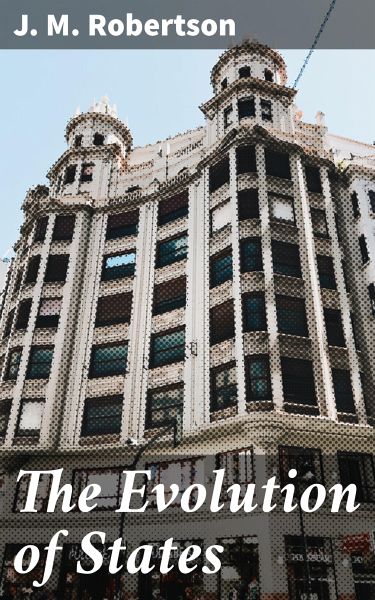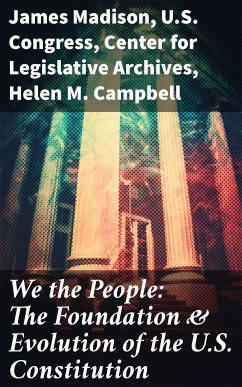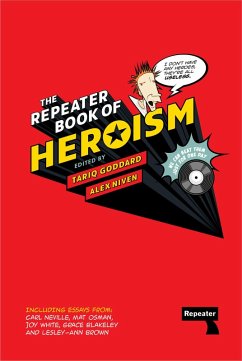
The Evolution of States (eBook, ePUB)
The Literary Evolution of Statecraft: A Scholarly Exploration of Governance and International Relations

PAYBACK Punkte
0 °P sammeln!
In "The Evolution of States," J. M. Robertson presents a rigorous examination of the development of political entities from primitive societies to complex states. This book combines historical analysis with a philosophical lens, revealing how social contracts, power dynamics, and cultural evolution shape governance. With a clear narrative style that bridges academic rigor and accessibility, Robertson critiques established political theories and offers a fresh perspective on the interplay between individual agency and institutional growth, situating his arguments within the broader discourse of...
In "The Evolution of States," J. M. Robertson presents a rigorous examination of the development of political entities from primitive societies to complex states. This book combines historical analysis with a philosophical lens, revealing how social contracts, power dynamics, and cultural evolution shape governance. With a clear narrative style that bridges academic rigor and accessibility, Robertson critiques established political theories and offers a fresh perspective on the interplay between individual agency and institutional growth, situating his arguments within the broader discourse of political anthropology. J. M. Robertson, a distinguished scholar known for his interdisciplinary approach, draws upon his extensive background in political theory, history, and sociology. His experiences in various geopolitical contexts have deeply influenced his views on state formation and evolution. Notably, Robertson's passion for understanding societal changes through a historical lens informs his meticulous exploration of how economic and social factors intertwine with political structures, effectively enabling readers to grasp the complexities of state evolution in a modern context. This illuminating work is essential for scholars and readers alike who are interested in the intricacies of political development. Whether you are a student of political science, history, or sociology, "The Evolution of States" offers profound insights and encourages critical reflection on the nature of power and governance in our world.
Dieser Download kann aus rechtlichen Gründen nur mit Rechnungsadresse in A, B, BG, CY, CZ, D, DK, EW, E, FIN, F, GR, H, IRL, I, LT, L, LR, M, NL, PL, P, R, S, SLO, SK ausgeliefert werden.













